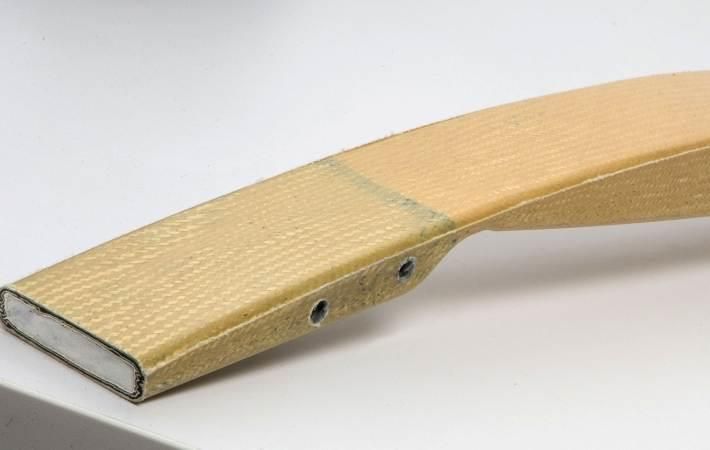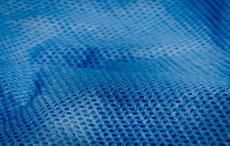Evonik, the creative industrial group from Germany and one of the world leaders in specialty chemicals, has unveiled the newly developed PulPress method, that manufacturers can use in mass-produce complex moulded parts of composite materials used in the automotive industry, taking the technology from the high-end market to large-scale production.
The new method combines two traditional production techniques: compression moulding and pultrusion. Combined together, they make automated, continuous production of composite parts possible. The most important raw material in the process is ROHACELL, a high-performance structural foam core from Evonik that has already proven its merit as a lightweight yet rigid material—one that retains its shape particularly well and is temperature resistant. Fibers are woven around the core before being impregnated with resin. The complete system is then compressed into the desired shape at high temperature and pressure. The method even allows manufacturers to produce complex geometries and integrate recessed areas for threaded components or other fixtures.Evonik, the creative industrial group from Germany and one of the world leaders in specialty chemicals, has unveiled the newly developed PulPress method, that manufacturers can use in mass-produce complex moulded parts of composite materials used in the automotive industry, taking the technology from the high-end market to large-scale production. #
Particularly impressive aspects of the new manufacturing process include its design flexibility and cost efficiency, and the crash behaviour of the resulting composite parts - parts that are around 75 per cent lighter than traditional steel structures. Plus, the PulPress method also reduces costs by up to 60 per cent compared to composite parts manufactured using established methods such as resin injection. (GK)
Fibre2Fashion News Desk – India


